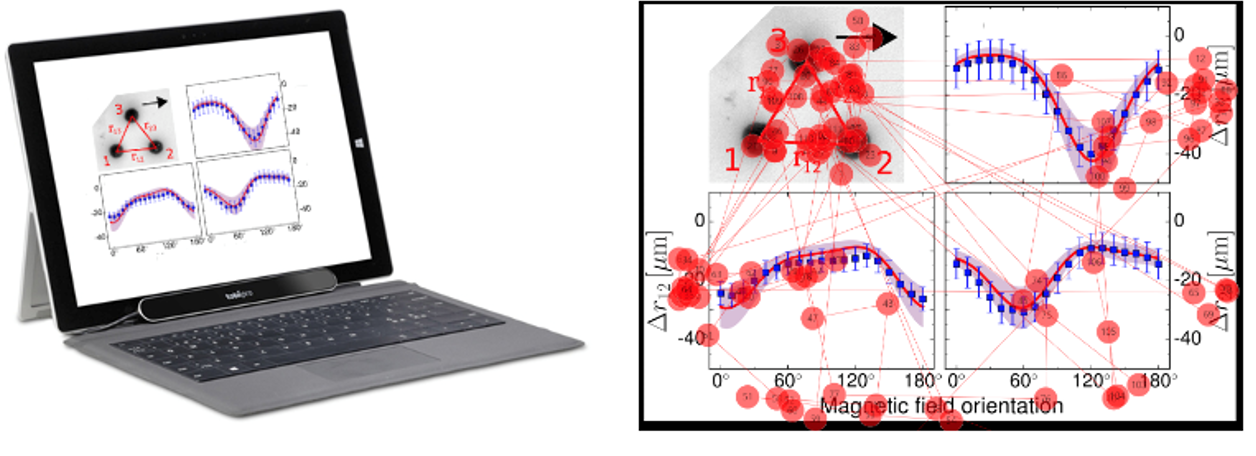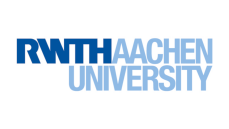Modeling the effect of authenticity and perceived complexity on situational interest, interest in scientific activities, and cognitive learning outcomes in the context of magnetic elastomers

Subproject description
This subproject investigates how authenticity affects interest in structured magnetic elastomers, taking into account the interactions between complexity and perceived cognitive load. The goal is to better understand the impact of authenticity and complexity on cognitive load as well as learning outcomes such as interest and knowledge gain.
To address this gap, a theoretical framework will be developed that links models of interest with theories of cognitive load and authenticity. This framework supports empirical studies to determine the relationships between authenticity, complexity, and learning outcomes, utilizing authentic visualizations and experiments for school settings.
The mixed-methods approach includes questionnaires, eye-tracking, and qualitative interviews with upper secondary students participating in activities at RWTH Aachen and possibly TU Dresden. Eye-tracking data is used to analyze cognitive activities and the complexity of learning materials. Statistical analyses of pupil data and movements provide insights into cognitive load and information processing.

The evaluation uses structural equation modeling, hierarchical regression, and gaze data analyses to clarify the interactions between authenticity, complexity, and interest. Qualitative interviews deepen the understanding of these techniques.
The expected outcomes promote the development of evidence-based strategies for authentic learning environments that foster interest and optimize learning processes, while simultaneously supporting the outreach goals of the research group.
The writing of this text was assisted by AI - view Original
